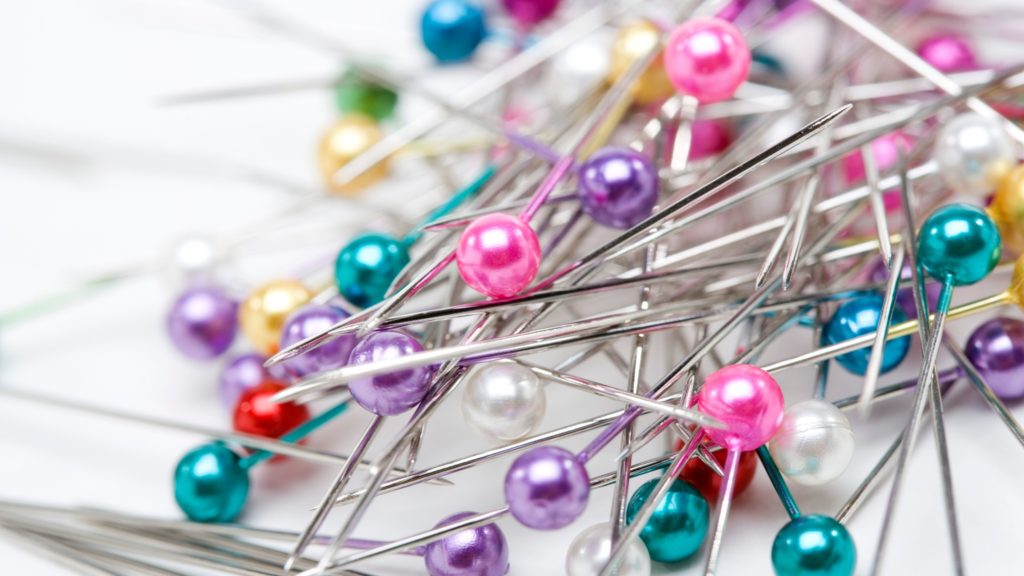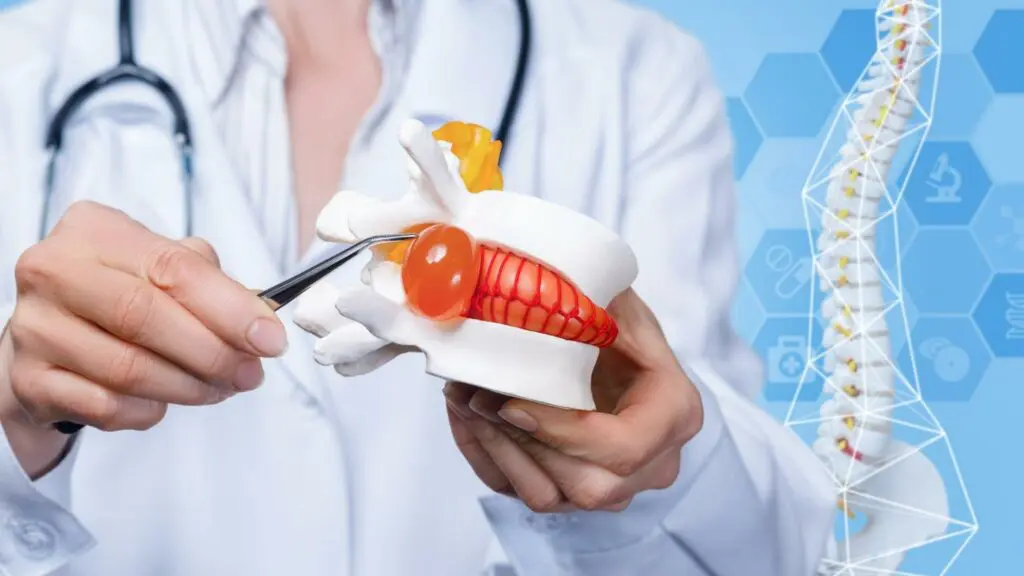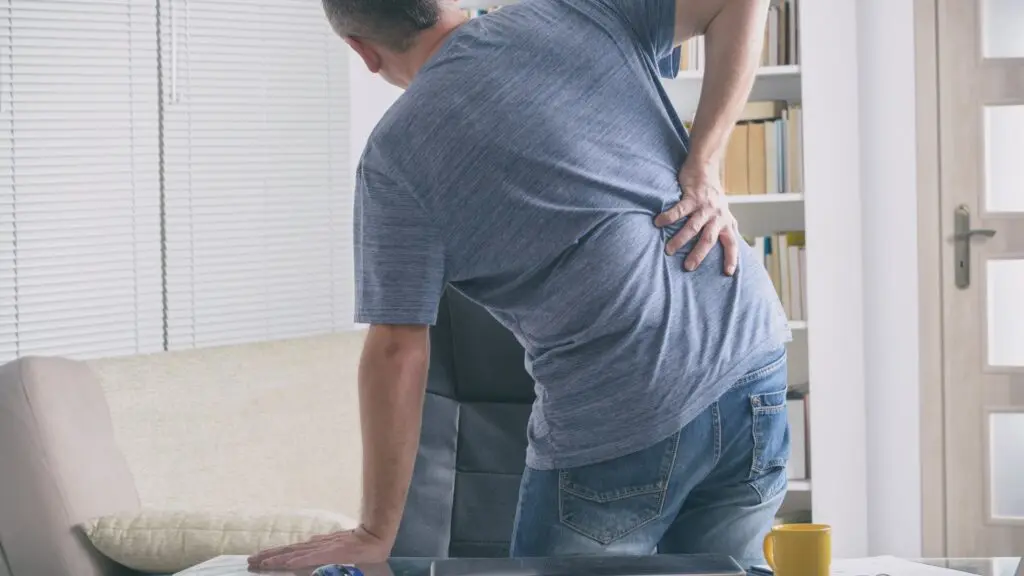
Why Do I Have Pins And Needles In My Feet? How To Get Rid Of Pins And Needles?
If someone is having pins and needles in their lower limbs: the legs, feet or toes, there could be many possible reasons for this. A problem within the back is quite possible, although the person doesn’t necessarily need to have had a history of back pain for this symptom to occur. In fact, we see commonly patients who suffer with symptoms referring down into the legs or feet in combination with zero amount of back pain. We’re going to go through today what the possible causes are of pins and needles in the lower leg are and what you can do for them!
Vascular Causes Of Pins & Needles
It’s possible to experience pins and needles due to a vascular problem, that is to say anything that’s affecting your arteries or veins in the body. The most common example of this type of problem is when you block your blood vessels in the night and wake up with an arm that’s completely asleep. If you’re getting pins and needles regularly in the feet and toes, you may want to pay attention to how you’re sitting on a daily basis and see whether you could be potentially blocking any of your arteries and veins by crossing the legs. The feeling will usually come back when you remove the pressure blocking it, so this one is an easy fix!
Another common vascular cause occurs through peripheral neuropathy, a common symptom experienced with diabetes. If you have diabetes, it’s possible for the blood vessels in your extremities to become damaged. The first affected area is usually one that is the furthest away from the heart, which would naturally be your feet. This type of problem while initially affecting the feet, can spread upwards or also begin to affect the fingers as well in what’s known as ‘glove and stocking’ symptoms.
Spinal Causes Of Pins & Needles
As we previously mentioned, it’s possible to experience pins and needles as a result of a compressed nerve in your lower back. This compressed nerve can cause symptoms in combination with back pain or without it, and you may also feel a variety of symptoms – not just pins and needles. If a disc starts to compress against a nerve in your spine, of which the most common example of this would be sciatica, this starts to cause strange symptoms to occur in the area of your body that nerve controls. In the case of sciatica, the sciatic nerve travels down the back of the leg and into the feet. These sensations that occur with sciatica may present as pain, burning, weakness, stabbing or pins and needles, but you may also experience numbness. It’s important to be specific when describing the type of sensation you’re experiencing, as this will help a practitioner to be able to give you the best possible help. If numbness is one of the symptoms you’re experiencing, do you experience complete loss of feeling, a partial loss of feeling or is it just an altered sensation? You may also see changes or fluctuations in these sensations depending on what you’re doing. With sciatica, it can be very common for you to experience this pain when standing or walking, but it might subside when sitting as this is when the little spaces at the back of your spine open slightly, so you may see a decrease in pressure. However, sitting for too long may then result in the pain coming back. The good news is that if you do treat the disc issue, the problem will go away.
Chemical Causes Of Pins & Needles
There may also be varying types of deficiency that can cause pins and needle sensations as it is possible for them to affect your nerves. Sodium and potassium are two minerals that are important for healthy nerve function. Low levels of these can actually weaken your nerve signals, which can result in pins and needles or numbness in the body. A calcium deficiency is also a potential cause of numbness and tingling in the hands, arms, feet and legs – it can even affect you around the mouth. These symptoms would indicate a severe deficiency if it has been caused due to lack of calcium. Vitamin B12 is another that may potentially affect the nerves as it plays a role in healthy movement and sensation in the legs. If you suspect any of these to be the cause, you should consider getting a blood test to investigate further.
We hope you found today’s article helpful! If you have any questions at all, please do feel free to get in touch as we’d love to hear from you. You can reach out through our social channels, through email at [email protected].









Responses